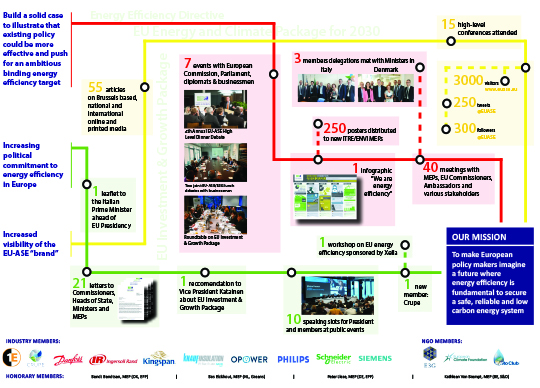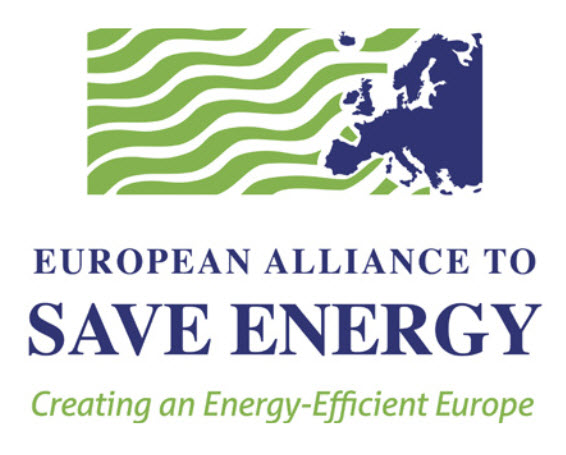As key stakeholders in the European energy industry, the members of EU-ASE welcome the creation of the Energy Union and look forward to the positive impact that its success will have on European energy security and sustainability. That success will require bold choices, the implementation of which must be characterised by policies that are strong, smart, and timely, especially when it comes to maximising returns on monetary investments.
The creation and execution of such policies should rest, in part, on five principles:
- “Efficiency First” policy compass
- Enforcement of existing regulations
- Reclassifying energy efficiency investments
- Strong 2030 governance
- Increased ambitions for 2030 energy-reduction goals
The creation of the Energy Union presents a tremendous opportunity to strengthen the European energy position, and the EU-ASE looks forward to its success. That success will require smart decisions and policies that should rest, in part, on five principals: adopting an “Efficiency First” policy compass, enforcing existing regulations, reclassifying energy efficiency investments, ensuring strong governance for the 2030 goals, and increasing the ambition of the 2030 energy efficiency target.
Moving forward with these principles will require bravery and boldness. But as President Juncker noted in his speech on 16 July 2014: “I want a European Union that is bigger and more ambitious in the big things and smaller and more modest on small things”.
The Energy Union, and the role of energy efficiency within it, is a big thing.





